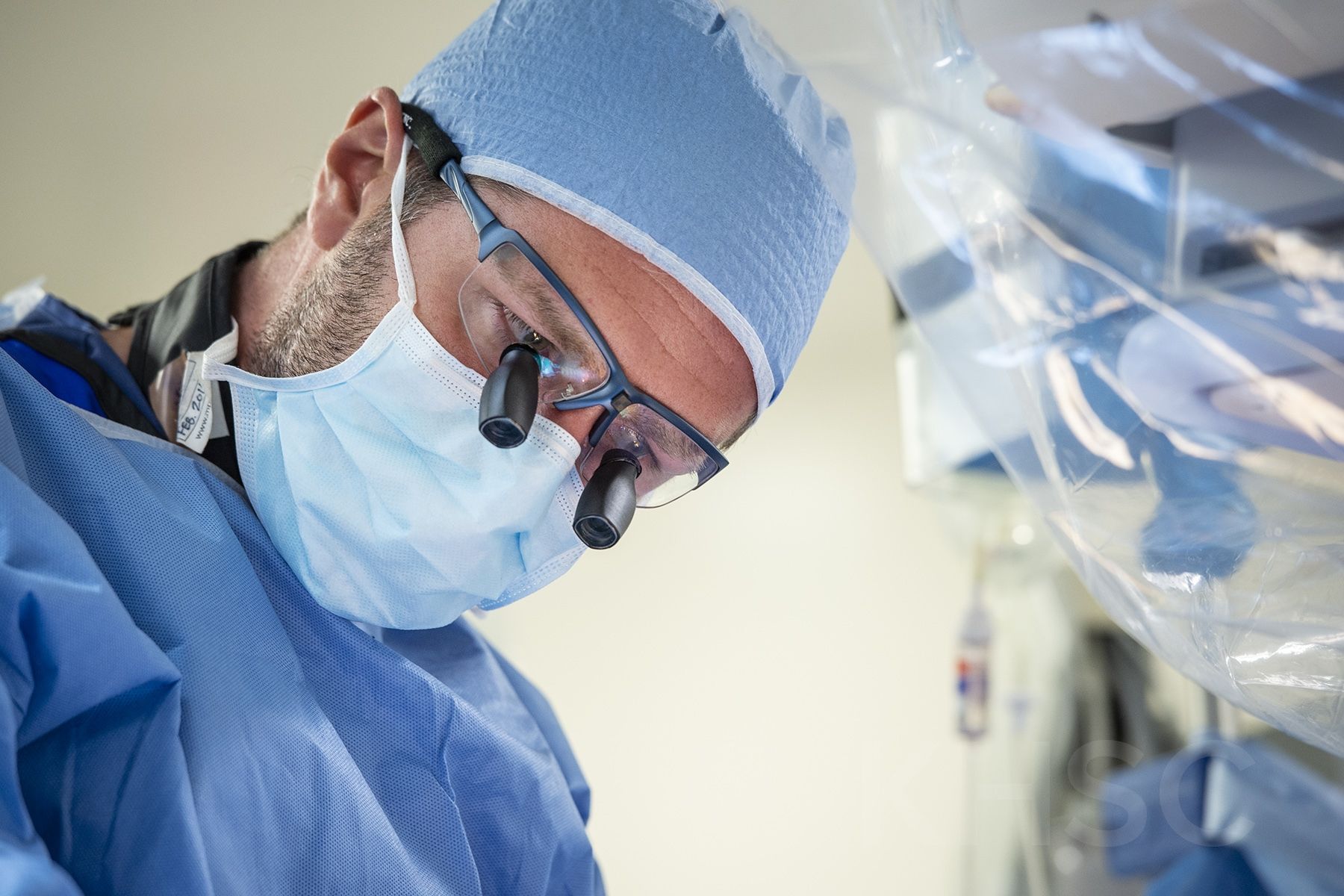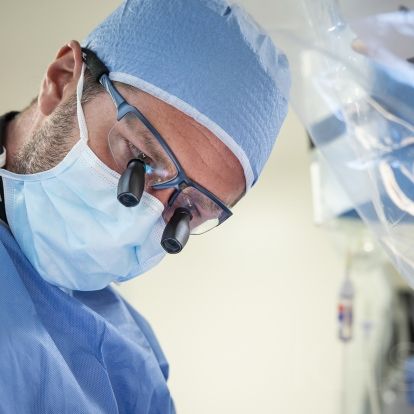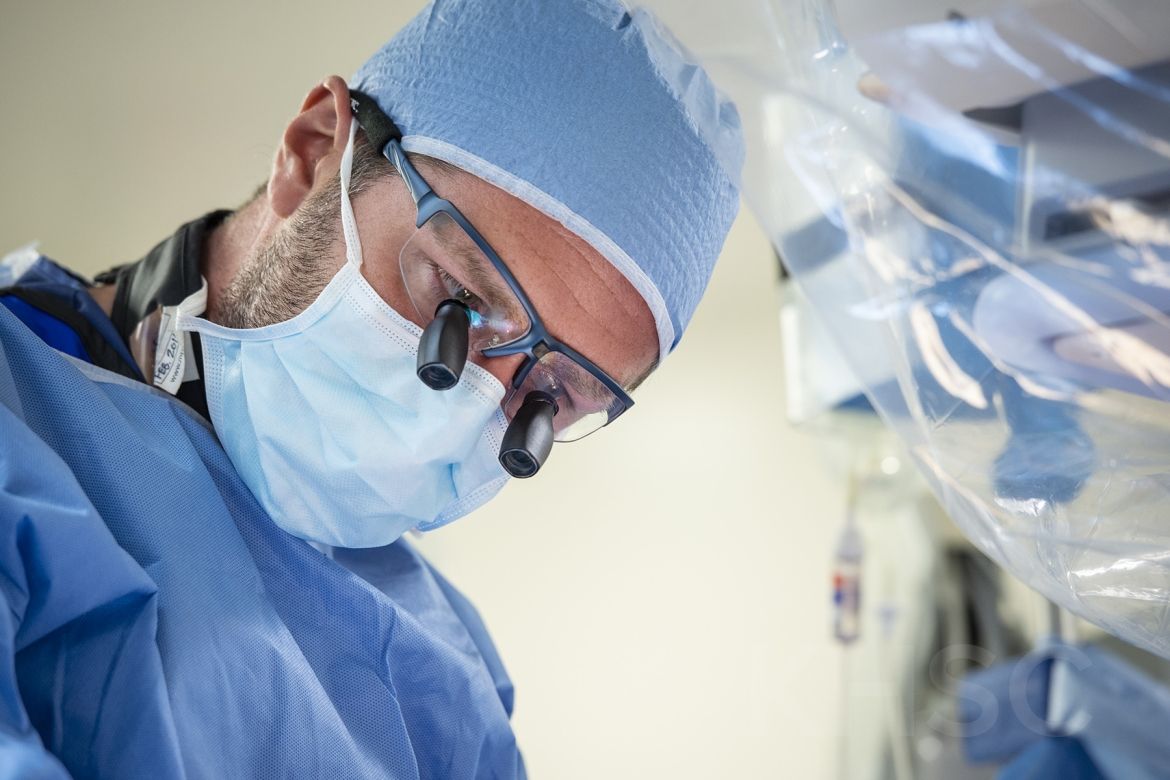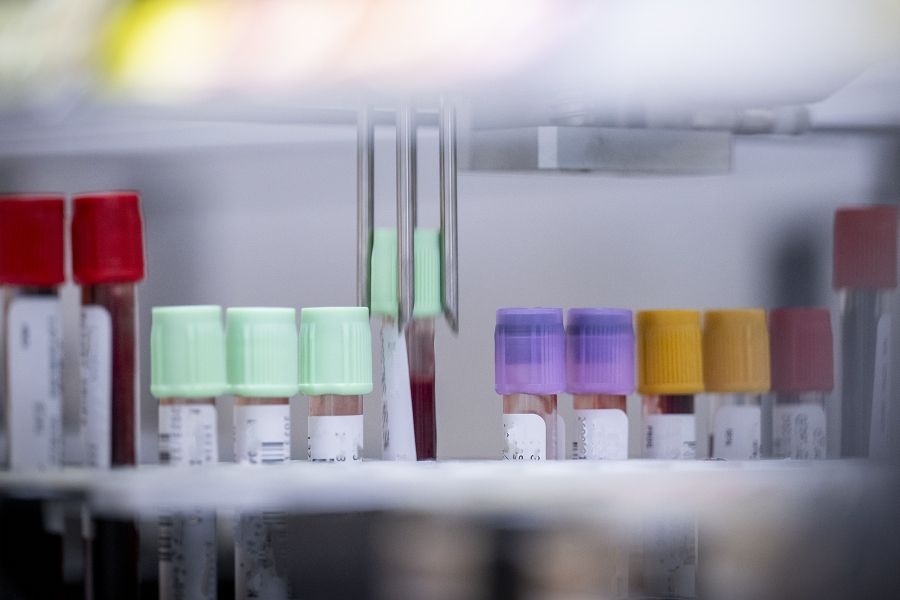
Patients with aortic valve disease have a new option for treatment at Kingston Health Sciences Centre.
The new approach, first used at KHSC’s Kingston General Hospital site in December 2016, uses a sutureless valve and keyhole surgery to replace a diseased valve with a prosthetic valve that needs no stitching to keep it in place.
The approach is so novel that KHSC has been invited to take part in an international research study looking at the effectiveness of sutureless valves compared to traditional valves, says Dr. Gianluigi Bisleri, a cardiac surgeon and clinician-scientist at KHSC. Kingston joins hospitals in Montreal, Toronto and Quebec City in the 40-centre clinical trial (PERSIST-AVR), led by the University Hospital of Nuremberg (Germany) and Maastricht University Medical Center (Netherlands).
The aortic valve is the “exit door” that helps to control the flow of blood from the heart into the aorta and then the rest of the body. Aging can cause thickening and narrowing of these tissue flaps (called leaflets), causing difficulties during opening. This makes the heart work harder and leads to shortness of breath, dizziness, fainting or chest tightness. Left untreated, the condition can be fatal in few years or less. As adults live longer, it has become one of the most common diseases in patients undergoing cardiac surgery.
For many years the only option for treating this condition was open-heart surgery. Over the past decade, another option has emerged for patients whose health is too risky for open-heart surgery, called Transcatheter Aortic Valve Implantation (TAVI). Introduced at KHSC in 2013 and led by Drs. Darrin Payne and Paul Malik, TAVI deploys a valve inside the artery via a wire typically threaded through a large blood vessel in the groin.
“The use of a sutureless valve in open-heart surgery has been groundbreaking since it bridges the gap between conventional heart surgery valves and TAVI,” says Dr. Bisleri, who is also Associate Professor of Surgery at Queen’s University. “Now we are using this novel sutureless valve in patients undergoing minimally invasive procedures. It permits a smaller incision, leading to less pain and faster recovery. KHSC is one of the few centres in Canada to offer a minimally invasive surgical aortic valve replacement with a sutureless prosthesis.”
“While we know these new valves are extremely effective in selected cases, the aim of the current international trial is to compare them with the standard tissue valves as a potential alternative for all routine cases in the future,” Dr. Bisleri adds. “We are really excited to be part of the only international, prospective randomized trial to be conducted in the last 15-20 years with a specific focus on surgical valve prostheses.
Kingston Health Sciences Centre expects to enrol up to 20 patients for this study.
“This is another example of the incredible investment KHSC is continuously putting into the delivery of innovative healthcare for cardiac disease,” says Dr. Bisleri. “We are truly fortunate to work in a unique and cohesive environment that integrates cardiology, anesthesiology and cardiac surgery with excellent nursing staff who share a common vision to deliver the best care to our patients.”





